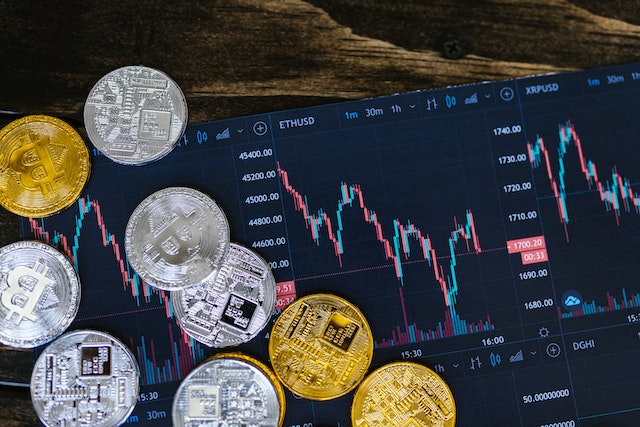Coin Futures: An Analysis of its Influence on Finance and Politics
- Karson Lucius
- 0 comment
- February 16, 2023

Coin futures are a relatively new financial instrument that has had a significant impact on both finance and politics. The rise of cryptocurrencies has disrupted the traditional financial system, and the introduction of coin futures has added a new layer of complexity to the market. In this article, we will explore the impact of coin futures (코인선물) on finance and politics and what it means for the future of money.
Impact on Finance
Coin futures are financial instruments that allow investors to speculate on the future price of cryptocurrencies. Unlike traditional futures contracts, which are based on commodities such as gold, oil, or agricultural products, coin futures are based on the prices of digital assets such as Bitcoin, Ethereum, and others. They work similarly to traditional futures contracts, allowing traders to take positions in the crypto market without actually owning any digital assets.
The introduction of coin futures has had a significant impact on the financial industry, providing investors with a new tool for managing risk in the volatile crypto market. They have also attracted more institutional investors and increased mainstream acceptance of cryptocurrencies. The ability to trade coin futures has provided investors with a way to manage their exposure to the market and minimize their risks, which has helped to increase liquidity and stability in the crypto market.
However, the rapid growth of the crypto market has also led to concerns over investor protection and market integrity. Regulators are grappling with how best to regulate these new and often decentralized assets, leading to increased scrutiny and debates over how to balance investor protection with innovation and the development of new financial products.
ALSO READ: Decentralized Finance Regulation: What are the Risks and Opportunities?
Impact on Politics
The rise of cryptocurrencies and coin futures has also sparked debates and discussions about the future of money and the role of government-issued currencies. Some proponents of crypto see it as a way to bypass traditional financial institutions and reduce the influence of governments over the financial sector. This has led to discussions over the potential benefits and drawbacks of a decentralized financial system and the implications for financial stability and privacy.
Critics of cryptocurrencies and coin futures, on the other hand, question their ability to replace traditional currencies and challenge the existing financial systems. They point out the lack of consumer protection, market volatility, and the potential for criminal activities, such as money laundering and fraud, in the crypto market.
The political implications of crypto and coin futures are far-reaching and continue to be a subject of debate among policymakers, regulators, and the public. Some countries have embraced the rise of cryptocurrencies and are working to create a regulatory framework that supports innovation and growth in the sector, while others have taken a more cautious approach, seeking to protect their existing financial systems and reduce the risks to consumers and the financial sector.
Conclusion
The impact of coin futures on finance and politics is complex and far-reaching. As the crypto market continues to evolve, it is likely that the political and regulatory landscape will also continue to change and adapt. Whether crypto and coin futures will ultimately have a positive or negative impact on the financial and political systems remains to be seen. However, one thing is certain, the rise of crypto and coin futures has challenged traditional financial systems and sparked a new era of innovation and change in the financial world.




